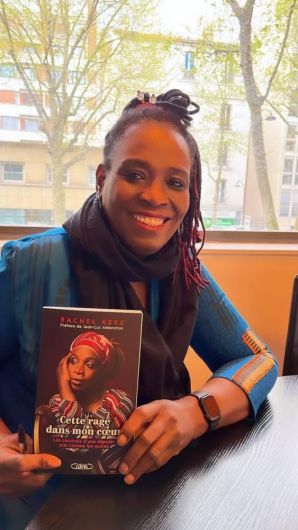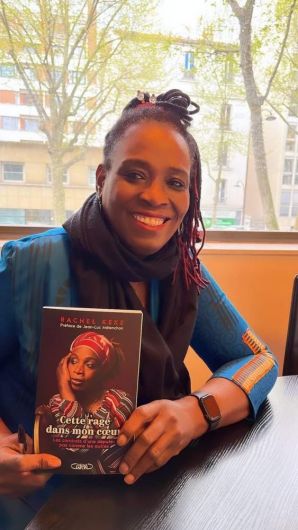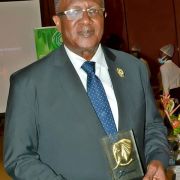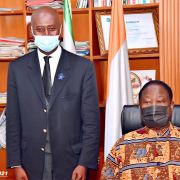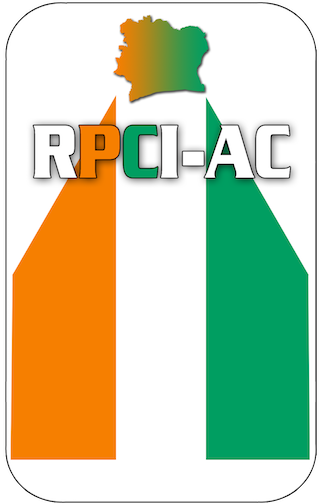"African Agenda": The scramble for african capitalism in post independance background
Par IvoireBusiness -"THE IDEA OF DEPENDENCE IN AN AFRICAN CONTEXT".

The scramble for AFRICA began during the latter part of the 19th century.AFRICA was thus the last continent to be incorporated into the world capitalist system.The societies that took shape were distinctly colonial, although differences between them, of course, existed in accordance with physical(resources,population,location) as well as socialcultural characteristics.
Furthermore, the colonial powers themselves exerted their distinct influences on the colonized areas.
Extensive political movements against colionialism were relatively rare in AFRICA with the exception
of ALGERIA, KENYA, and the more recent struggle against portugese domination.The effect of the colonial economy on the social structure was also relatively limited'as compared to LATIN AMERICA, THE CARIBBEAN and ASIA).The bourgeoisie and the working class were relatively undeveloped.The small elite which took over the position of the colonial power had been educated abroad in a western way of thinking.
Therefore, this "modern elite" not only asumed the position of the former colonial masters, but also the latter's general views on development and modernization.
To some extent these views were modified to suit african conditions as they found ideological
expression in the concept of "AFRICAN SOCIALISM"(References:Friedland and ROSBERG, 1964).
As an ideology it encompassed many diverse viewspoints(KLINGHOFFER 1969).The afro-Marxists
emphasized Marxist leninist ideas of economic development and political structure.
Let's take the conspicuous examples of left -wing proud post african independence leaders
such as:"DOCTOR OSAGEFO KWAME NKRUMAH" from "GHANA", one the first african leaders to pass a PHD in USA in the fifties, "HAMED SAKOU TOURE" from "GUINEA-CONAKRY" who was close to "KWAME NKRUMAH" and had welcome him when he was ocverthrown through a conspiracy of the "MOSSAD" and "CIA", "MODIBO KEITA" from "MALI" during the first half of the 1960s could be mentioned as major examples throughout AFRICA.
Moreover, the second composed of the moderate african socialists, including "JOMO KENYATTA" from "KENYA" and "KENNETH KAUNDA" from "ZAMBIA", favoured a state-controlled socialist economy, but were at the same time anxious to attract foreign investment capital.
The social demcrats were closely connected with european socialism and frequently pro-western in outlook:For example, "LEOPOLD SEDAR SENGHOR" of SENEGAL , scholar and cornerstone of the "NEGRITUDE MOVEMENT", and "TOM MBOYA" of "KENYA".
Thirdly, the "agrarian-socialists"(populists) were associated with "JULIUS Nyerere's Ujamaa philosophy.In the same trend, rather than looking for foreign models of socialism "NYERERE"
found it in traditional African society.
Both the rich and the poor individual were completely secure in african society.Natural catastrophe brought famine from time to time in the eighties.
Compared to the other regions of the world, AFRICA sems to remain economically least developed one with a comparatively limited foreign penetration.This is important when we consider the idea of dependence in the African context.General speaking, the economies of the
african countries south of the SAHARA(excluding the republic of SOUTH AFRICA and ZIMBABWE) are dominated by rural, small-scale production.
It is also the most important component of the formal sector in certain countries such as: "CONGO-RDC" and "ZAMBIA"...
TODAY in 2013, AFRICA STILL REMAINS THE FUTURE, WHEN POSSESSING BARELY HALF OF THE WORLD OIL RESOURCES RESERVES IN THE GULF OF GUINEA-AS ARESULT, THOSE WORTHY RICHES ARE
AS STAKE IN THE CURRENT INTERNATIONAL RELATIONS-WHO WILL BE THE BEEF BETWEEN AFRICA AND THE REST OF THE WORLD, NAMELY THE MIGHTY POWER STRUCTURES STILL
MAKING THE RULES IN THIS WORLD OF COMPETITION AND GLOBALISATION?
THAT IS THE MAIN QUESTION NOWADAYS...
(YVES T BOUAZO)
(EXTRA ADDITIONS ARE FROM THE STAFF OF "IVOIREBUSINESS", SO ARE THE FOLLOW UP
AND THE CONCLUSION)("OFFICIAL SOURCES":"DEVELOPMENT THEORY IN TRANSITION FROM
"MAGNUS BLOMSTRUM AND BJORN HETTNE")


